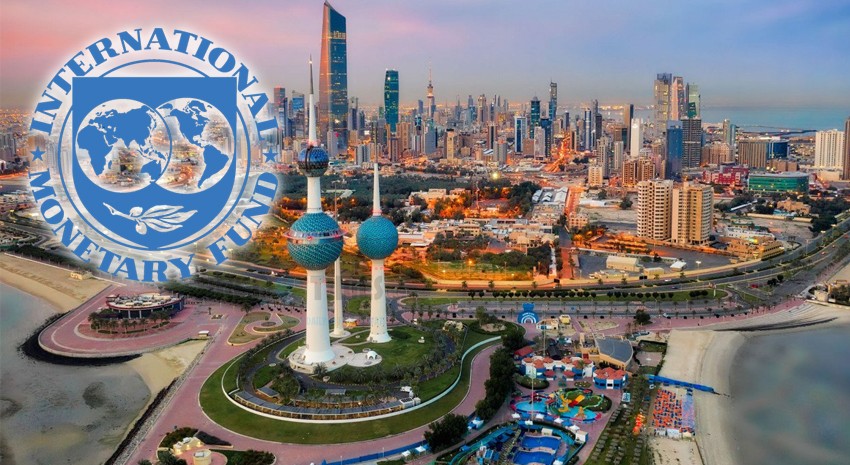29/03/2022
29/03/2022
WASHINGTON, DC, March 29: The Executive Board of the International Monetary Fund (IMF) has concluded the Article IV consultation with Kuwait. The authorities responded swiftly and decisively to the COVID-19 crisis with social distancing restrictions and fiscal, monetary and financial policy support measures. In 2021, a high rate of vaccination was achieved. An economic recovery is underway, supported by higher oil prices and relaxation of mobility restrictions.

Non-oil GDP growth is estimated at 3.4 percent in 2021 and is projected to rise slightly to 3.5 percent in 2022, as domestic activity gradually recovers along with the global environment. Oil production is projected to rebound as OPEC+ quotas are relaxed.
Overall, GDP is projected to grow around 2.7 percent over the medium term. Inflation is estimated at 3.4 percent in 2021 given increases in food prices and costs of travel-related services and is projected to rise to 4.4 percent in 2022, reflecting the impact of the global supply chain disruptions before declining to 2.4 percent over the medium term. The fiscal deficit increased to an estimated 16.6 percent of GDP in FY 2020/21. In addition to fiscal stimulus in the wake of the COVID-19 crisis, the wider deficit reflects a 13.9 percent of GDP decline in oil revenues and a slump in economic activity. In the absence of a public debt law to permit borrowing, or legal authority to draw from the Future Generations Fund (FGF), financing was based on drawdown of the liquid assets of the much smaller General Reserve Fund (GRF).
In FY 2021/22, the headline fiscal balance is expected to improve to a surplus of 3.7 percent of GDP, boosted by the rebound in oil revenues, together with spending cuts announced in August 2021 and significantly higher nominal GDP reflecting the impact of higher oil prices on the GDP deflator. Supported by higher oil exports, the 2021 current account surplus is projected to increase to 16.1 percent of GDP. Kuwait’s financial sector has weathered the crisis well. Banks are well-capitalized and highly liquid. As of 2021Q3, bank capital adequacy ratio stood at 18.6 percent, well above the required minimum level. Nonperforming loans net of specific provisions remain low, while loan-loss provisioning is high. Directors called for comprehensive fiscal consolidation to reinforce fiscal sustainability and support intergenerational equity.
They encouraged the authorities to consider introducing a VAT and excises duties, expanding corporate tax to domestic firms, and implementing a property tax to boost revenues. On the spending side, curtailing the wage bill and consolidating subsidies and social benefits will be of the essence. Directors stressed the importance of passing the new public debt law and establishing a robust medium-term fiscal framework with a clear fiscal anchor to limit procyclicality of policies, enhance fiscal credibility, reduce fiscal risks, and improve the capacity to manage adverse shocks.


